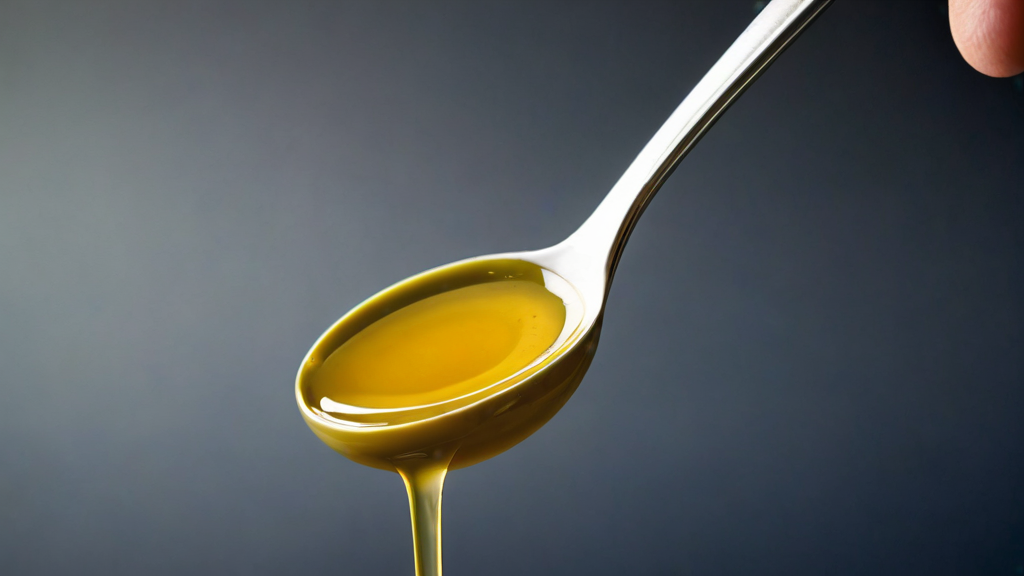A New Scientific Approach
Science has managed to precisely identify which oils are most beneficial for health, challenging some deep-rooted beliefs. A recent study by the Higher Council for Scientific Research (CSIC) has shed light on the quality of the different types of dietary oils and fats present on the market.
Fats, often underestimated in our diet, have been the subject of a novel approach by a team of researchers from the Fat Institute (IG), affiliated with the CSIC. This team has developed an evaluation system that classifies oils and fats based on their quality, giving them a score between zero and 100.
Surprising Revelations
The results of this study have revealed unexpected surprises. Although it was expected that virgin olive oil would occupy first place, the study has confirmed that its high oleic acid content positions it as the best oil, associating it with a lower risk of cardiovascular disease. However, other oils such as flax oil, conventional olive oils and olive pomace oil have achieved outstanding scores, challenging some pre-established perceptions.
Furthermore, it has been observed that vegetable oils in general obtained better scores than animal fats, although cases such as fish fats stood out, which obtained notable scores.
Impact on Health and Agriculture
This study has had a significant impact on the olive oil industry, especially at a time when production is affected by drought. It is crucial to remember the cultural and nutritional value that this food represents for the southern European region.
In summary, this CSIC study has provided a solid scientific basis for evaluating the quality of dietary oils and fats, challenging some long-held perceptions and providing greater understanding of their impact on health and agriculture.
